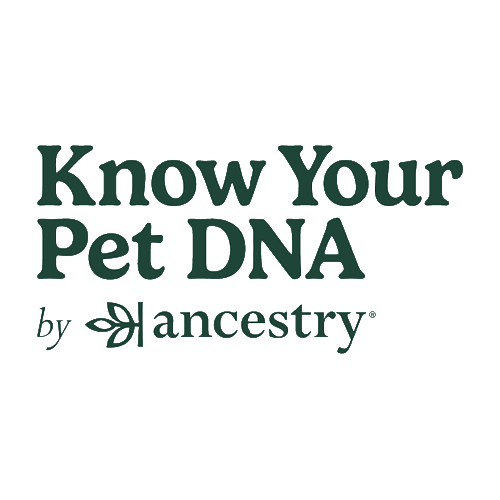Washington, D.C. (November 18, 2020) — The Human Animal Bond Research Institute (HABRI) today announced that Heidi Sirota, Nationwide’s Chief Pet Officer, has joined the HABRI Board of Trustees. The HABRI Board of Trustees is the governing body that oversees HABRI’s programs and activities. This announcement follows the recognition earlier this year of Nationwide as a Human-Animal Bond Certified Company and reinforces Nationwide’s strong support for HABRI’s mission to advance the vital role of the human-animal bond in the health and well-being of individuals, families, communities and companion animals.
“Nationwide’s support of HABRI is another way we help people and their pets experience better lives together,” said Heidi Sirota. “I am thrilled to join the HABRI Board and collaborate with other pet industry experts to advance science, educate the public and advocate for a healthier, more pet-friendly society.”
“HABRI is grateful for Nationwide’s longstanding commitment to supporting scientific research on the human-animal bond,” said Steve Feldman, Executive Director of HABRI. “Stepping up as a HABRI Trustee only further underscores Nationwide’s commitment to the human-animal bond and to the health and wellbeing of pet and human lives.”
Scientific evidence increasingly shows that pets improve heart health, alleviate depression, increase well-being, support child health and development, and contribute to healthy aging. In addition, companion animals can assist in the treatment of a broad range of conditions from post-traumatic stress to Alzheimer’s disease to autism spectrum disorder. The benefits of the human-animal bond impact more than just human health. Findings from a HABRI survey of pet owners demonstrate that knowledge of the scientific research on the human-animal bond motivates pet owners to take better care of their pets – from providing pets with better veterinary care to purchasing pet health insurance.
In March 2020, Nationwide became a Human-Animal Bond Certified Company. Human-Animal Bond Certification prepares veterinarians and animal care staff to recognize and promote the importance of the bond between pets and their families. As part of the certification process, Nationwide associates completed human-animal bond training, learning about the science behind the human-animal bond and gaining a deeper understanding of how this science supports pet health and the practice of veterinary medicine.
In 2018, Nationwide and HABRI partnered to field research on the benefits of pet friendly workplaces, which found that nine in 10 employees feel more connected to their employers when pet friendly benefits are offered, including pet health insurance. Additionally, more than three times as many employees at pet friendly workplaces reported a positive working relationship with their boss and co-workers, significantly more than non-pet friendly environments.
“We’re proud to be supporting HABRI at the highest level while amplifying the message that healthy, happy pets can improve our lives,” added Sirota
About Nationwide pet insurance
With more than 880,000 insured pets, Nationwide is the first and largest provider of pet health insurance in the United States. Nationwide pet health insurance plans cover dogs, cats, birds and exotic pets for multiple medical problems and conditions relating to accidents, illnesses and injuries. Medical plans are available in all 50 states and the District of Columbia. Underwritten by Veterinary Pet Insurance Company (CA), Columbus, OH, an A.M. Best A+ rated company (2019); National Casualty Company (all other states), Columbus, OH, an A.M. Best A+ rated company (2019). Agency of Record: DVM Insurance Agency. Pet owners can find Nationwide pet insurance on Facebook or follow on Twitter. For more information about Nationwide pet insurance, call 800-USA-PETS (800-872-7387) or visit petinsurance.com.
About HABRI
HABRI is a not-for-profit organization that maintains the world’s largest online library of human-animal bond research and information; funds innovative research projects to scientifically document the health benefits of companion animals; and informs the public about human-animal bond research and the beneficial role of companion animals in society. For more information, please visit www.habri.org.
Contact
Jamie Baxter
jamie@theimpetusagency.com
775.322.4022
###





